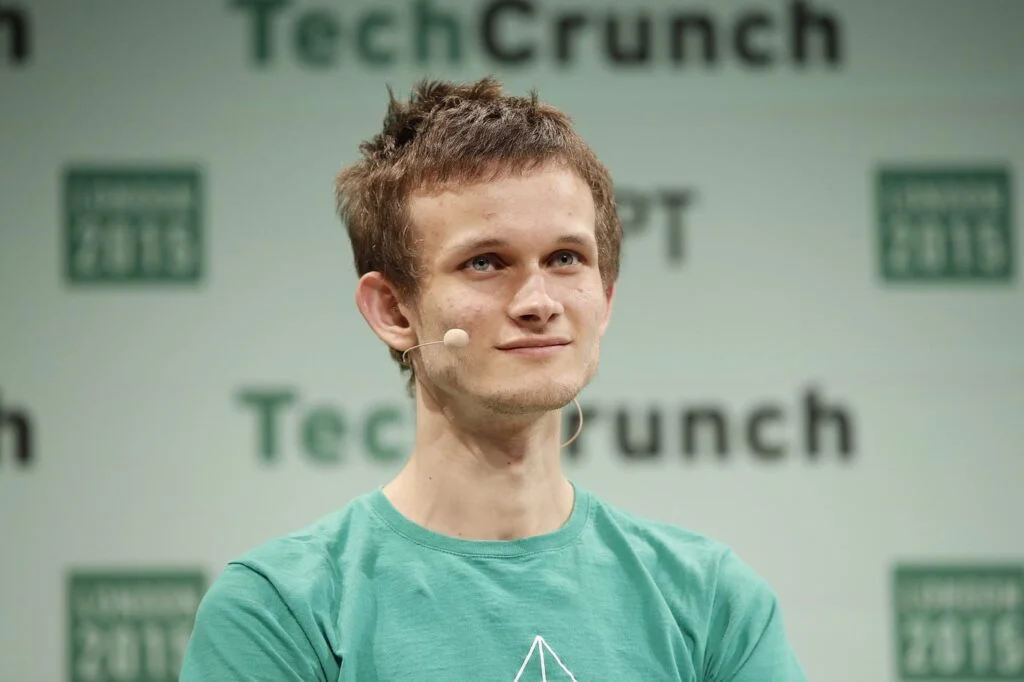Vitalik Buterin, the Ethereum founder, says backing DAOs with transferrable governance tokens is incongruous and empowers the oligarchs.

As decentralized autonomous organizations (DAOs) gain popularity in the blockchain industry, the governance debate becomes increasingly heated. Vitalik Buterin, the Ethereum founder, emphasized the conflict between granting authority to a select few and the option to voluntarily delegate decision-making power in a discussion he started on Twitter.
Buterin mentioned an old proverb in a tweet that asserts that those who are power-hungry are unfit for leadership. The Ethereum founder emphasized that the adage applies to DAOs and said that transferrable governance tokens in DAOs go counter to their entire purpose. Buterin pointed out that the ability to transfer power empowers those who want it.
Although the Ethereum founder makes a good point, several people had opposing views. In response, Twitter user Muki noted that it is unavoidable to provide decision-making authority to others. The community member argues that it is difficult to expect everyone to participate and that voluntary delegation of decision-making authority is preferable to making hasty judgments or not participating at all.
Willyogo, a Twitter user who participated in the conversation, stated that possessing transferrable governance tokens does not imply a desire to dominate over others. The community member did add that there is certainly potential for improvement in DAOs’ voting procedures.
A second commenter on Twitter, Vagobond, said that having completely recallable delegates is a step in the right direction. According to this theory, the chosen delegates may quickly lose their power the minute they ceased to represent the people who gave them their votes.
Some referred to the usage of blockchain-based technology, such as choosing key roles in a DAO using verifiable randomization, while others focused on governance mechanics. Another member of the community recommended choosing token holders at random and rotating them once they stop being active on the blockchain.
Hilary Kivitz, an adviser for Web3, spoke about DAOs and how they might stave against hostile takeovers at the most recent Ethereum Community Conference in Paris. In order to reduce the influence of exploiters, Kivitz suggests that poison pills be included in smart contracts.
In the meantime, Alex Tapscott recently stated in an interview that DAO developments are something to watch out for during the downturn market. DAOs have the potential to take the place of conventional organizations in the management of resources, according to Tapscott.
